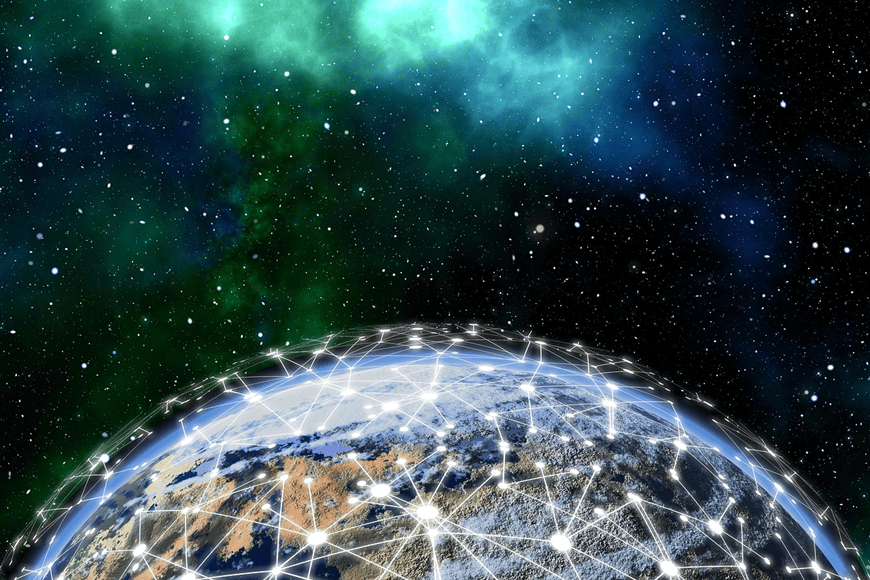Impact of AI: A Bigger Threat Than Automation to Millions of Job Seekers

The impact of artificial intelligence (AI) on the job market is becoming an increasingly critical concern, especially as advanced AI systems like ChatGPT and other generative AI models continue to develop. These applications pose a significant threat to human employment in various industries, notably IT, media, and creative agencies. This article explores how AI is quickly becoming a more significant concern than automation in the job market, with the potential to disrupt millions of careers.
The Shift from Automation to AI
Until recently, discussions around machines taking human jobs were primarily focused on automation and robotics. However, the arrival of ChatGPT and other generative AI models has sparked a more significant threat. These systems have evolved from simple conversational tools to sophisticated applications capable of replacing human workers in specific roles.
IBM CEO’s Prediction: AI to Replace 30% of Jobs
IBM CEO Arvind Krishna told Bloomberg in an interview that he could “easily see 30 per cent of jobs getting replaced by AI and automation over a five-year period.” With approximately 26,000 workers at IBM, this translates to nearly 7,800 jobs potentially being replaced by AI in the coming years. Krishna added that the transition would not be immediate, and IBM would first pause hiring for roles it considers replaceable by AI, particularly back-office or non-customer-facing roles.
Generative AI: A Blessing in Disguise?
Arundhati Bhattacharya, CEO and Chairperson for Salesforce India and a former SBI Chairperson, sees generative AI as a mixed blessing. While it could eliminate repetitive and mundane tasks, it could also free up human workers to focus on more creative endeavors. Bhattacharya believes that generative AI can help curate content to make it more relevant and useful if used correctly.
The Threat to Programming Jobs
Sridhar Vembu, CEO and co-founder of global technology company Zoho, sees AI as a severe threat to several programming jobs. He has been warning his team for the past 4-5 years that AI models like ChatGPT, GPT4, and others being developed today would first affect programmers’ jobs.
Uncertain Future for Job Replacement
Carl Benedikt Frey, future-of-work director at the Oxford Martin School, Oxford University, states that “there is no way of knowing how many jobs will be replaced by generative AI.” He acknowledges that AI platforms like ChatGPT enable more people with average writing skills to produce essays and articles. It could increase competition and drive down wages for journalists.
Implications of Large Language Models on the US Labor Market
Researchers from University of Pennsylvania and OpenAI recently investigated the potential effects of large language models (LLMs) like Generative Pretrained Transformers (GPTs) on the US labor market. The study found that around 80% of the workforce could have at least 10% of their work tasks affected by LLMs, while approximately 19% of workers might see at least 50% of their tasks impacted.
Although the researchers did not make predictions about the development or adoption timeline of LLMs. They noted that the projected effects span all wage levels, with higher-income jobs potentially facing greater exposure to LLM capabilities and LLM-powered software.
Impact of AI Across Industries
The study also revealed that the impact of AI is not restricted to industries with higher recent productivity growth. The researchers estimated that about 15% of all worker tasks could be completed significantly. As well as faster at the same level of quality with access to an LLM. This share increases to between 47% – 56% of all tasks when incorporating software and tooling built on top of LLMs.
Jobs in agriculture, mining, and manufacturing are the least exposed to generative AI. While jobs in information processing industries, like IT, are the most exposed to AI models.
Impact of AI in the Finance Division
The World-Economic Forum predicts that AI will bring three changes to finance division: job cuts, job creation, and increased efficiency. Banks have already started incorporating AI into their business models. For example, Morgan Stanley has begun using OpenAI-powered chatbots to organize its wealth management database.
Impact of AI in News Writing
Kristian Hammond, chief scientist, Natural Sciences, told BBC that in 15 years, “90 per cent of news will be written by machines.” This prediction highlights the potential impact of AI on journalism and the media industry as a whole.
The Emergence of “Prompt Managers”
Some tech firms have started hiring “prompt managers” to assist with specific office tasks via AI chatbots. This role demonstrates how companies are already adapting to the growing presence of AI in the workplace.
Preparing the Workforce for an AI-Driven Future
AI is quickly becoming a force that will shape the future of work. To stay competitive, it is crucial for the future workforce to develop AI skills. One should also need to adapt to the changes AI will bring.
In conclusion, AI is poised to disrupt millions of jobs across various industries. As technology continues to advance, it will be vital for individuals / organizations to prepare for an AI-driven future.
